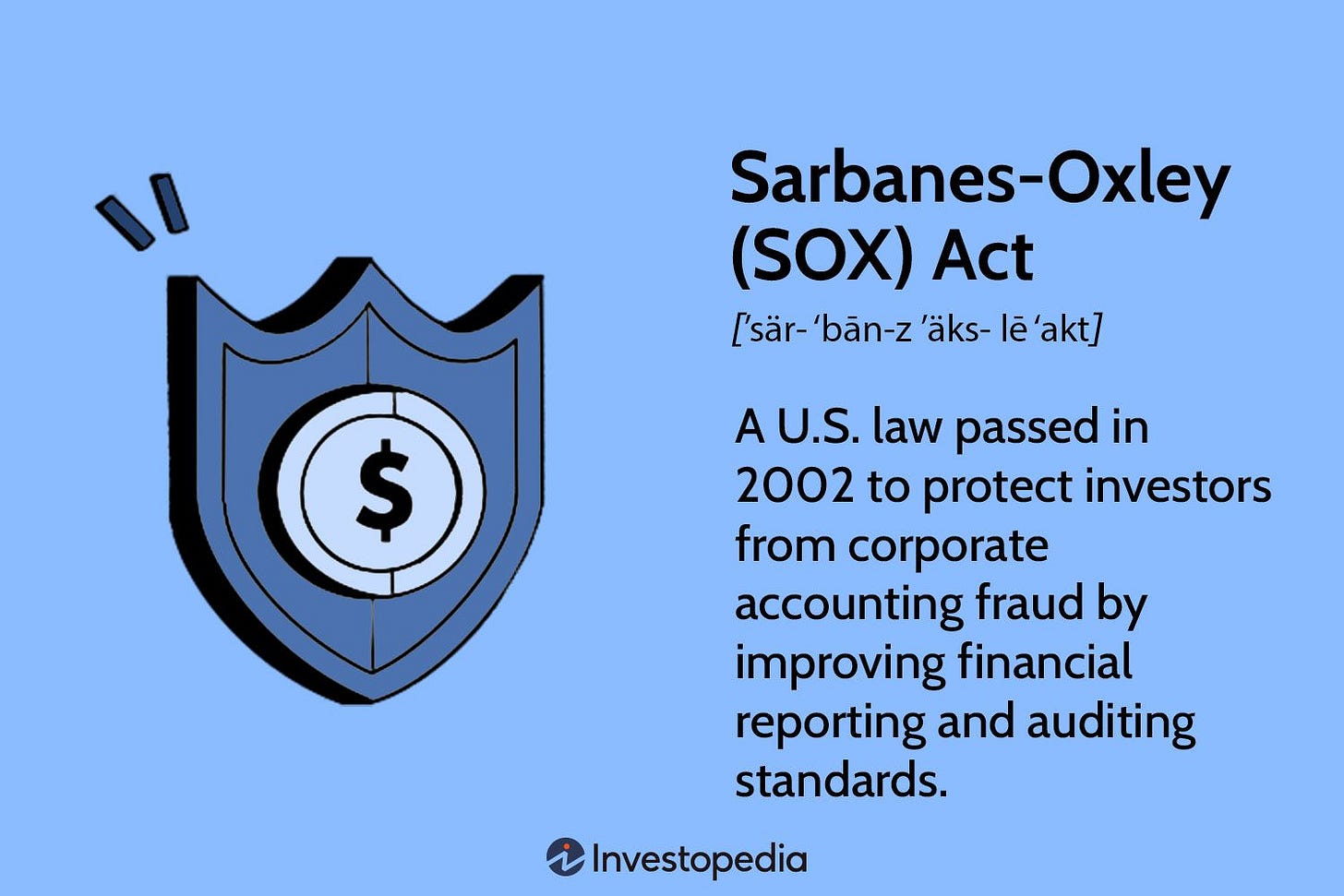Climate Action, "Future of Work" and Scope 3 Emissions
Plus President Harry Truman formally launched a Presidential Committee on Government Contract Compliance, one of the first federal efforts to promote anti-discrimination practices in companies.
Welcome to This Day in ESG History—where each date reveals how Environmental, Social, and Governance values shape not just companies and countries, but character. It’s July 8, and today’s ESG spotlight brings us stories of public service, corporate introspection, climate action, and one of the greatest governance evolutions ever documented in American policy.
Plus, we’ll close with our ESG Term of the Day and a quote from an industry leader to carry into your workweek.
🌱 Let’s begin with the Environmental milestone.
On July 8, 2019, the United Nations released a major report warning that climate change is accelerating faster than predicted, specifically identifying the tipping points in polar ice melt, sea level rise, and biodiversity collapse. While many reports like this get lost in political fatigue, this one became the scientific backbone for the European Green Deal and for climate risk disclosures by the Task Force on Climate-related Financial Disclosures (TCFD).
This moment sparked ESG-aligned institutional investor groups—like Climate Action 100+—to push for stronger carbon risk analysis in corporate reporting. In ESG terms, science finally forced materiality onto the balance sheet.
Today’s message? Climate risk isn’t theoretical—it’s measurable, modelable, and monetizable.
✊ Now for a Social milestone in civil rights.
On July 8, 1949, President Harry Truman formally launched a Presidential Committee on Government Contract Compliance, one of the first federal efforts to promote anti-discrimination practices in companies working with the U.S. government.
This little-known committee was a forerunner to affirmative action, federal EEO compliance, and today’s ESG-relevant supplier diversity programs. It recognized that systemic inequality could be addressed—not just by law, but by tying values to government spending.
Today, many ESG frameworks examine whether companies track vendor diversity, equitable procurement, and non-discriminatory contract policies—values that trace directly back to July 8, 1949.
📊 On the Governance side…
On July 8, 2002, the New York Stock Exchange (NYSE) introduced a sweeping proposal requiring listed companies to have majority-independent boards, fully independent audit committees, and transparent governance charters.
This proposal came just weeks after the WorldCom scandal, and was a prelude to Sarbanes-Oxley, which would be signed later that month. The NYSE's governance reforms became foundational to modern ESG governance scores. They introduced standards we now take for granted—like independent directors, conflict-of-interest disclosures, and whistleblower protections.
It was governance through trauma—but it stuck.
💼 Now, a Human Resource ESG Highlight.
On July 8, 2020, as the world was still grappling with COVID-19, Unilever launched its "Future of Work" strategy, pledging to upskill or reskill every employee by 2025—no matter their level or region.
This was not charity—it was a talent ESG play. Unilever saw what others didn’t: that job security and workforce adaptation were now key performance indicators for long-term resilience.
Since then, reskilling disclosures have become part of ESG indexes, especially in tech, manufacturing, and retail sectors. Employee education isn’t just retention—it’s reputation.
🏛️ Public-Private ESG Project Spotlight
On July 8, 2015, the city of Austin, Texas, in partnership with Tesla, Austin Energy, and academic institutions, launched the SHINES Project—Smart Hybrid Inverter Energy Storage—a microgrid and distributed energy initiative aimed at lowering grid congestion and enabling neighborhoods to share solar energy locally.
This wasn’t just energy—it was empowerment. The project became a working model of how ESG-aligned energy infrastructure can be decentralized, scalable, and inclusive. Austin's SHINES framework has since informed similar public-private resilience projects from California to North Carolina.
🧠 And now—your ESG Term of the Day...
Scope 3 Emissions
Scope 3 includes all indirect emissions that occur in a company’s value chain—from purchased goods and services, to employee commuting, to end-of-life product disposal. These emissions often make up 80–90% of a company’s total carbon footprint.
Companies with robust ESG transparency now track and report Scope 3 emissions as part of net-zero pledges, and investors are beginning to expect it—even demand it. Why? Because ignoring Scope 3 is like ignoring the elephant that’s not even in the room—it’s in someone else’s factory.
📣 Professional Quote of the Day:
“You can’t manage what you don’t measure—and you can’t lead what you don’t live.”
— Rex Tillerson, former ExxonMobil CEO
Love him or loathe him, Tillerson's words reflect a core ESG truth: metrics matter—but leadership matters more. Today’s ESG leaders need both the numbers and the nerve.
That’s your journey through This Day in ESG History for July 8. From climate reports and civil rights policy to microgrids and board independence, July 8 reminds us: ESG isn’t a trend—it’s a timeline. And you’re standing on it.








